Locals Overwhelmingly Favor Landmarking Downtown Brooklyn Abolitionist Home
More than 40 advocates, neighbors and elected officials testified today in support of the designation of the former home of abolitionists in Downtown Brooklyn.

Photo by Susan De Vries
“Black Landmarks Matter.” That phrase was repeated multiple times during a public hearing today as more than 40 advocates, neighbors and elected officials testified in support of the designation of the former home of abolitionists in Downtown Brooklyn. Only one spoke against, a rep for the owner and developer.
The virtual hearing follows decades of struggle to preserve the pre Civil War home of abolitionists Thomas and Harriet Truesdell at 227 Duffield Street. The property was placed on the LPC agenda last month, calendared and, less than two weeks later, the public hearing scheduled.
Many who spoke at the hearing referenced the length of the battle for recognition and the work of former owner the late Joy Chatel (known to people in the neighborhood as Mama Joy), FUREE (Families United for Racial and Economic Equality) and other local groups. “It’s been a long, long fight,” noted New York State Assembly Member Charles Barron.
The Greek Revival-style house was constructed circa 1847 to 1850 and was home to the Truesdells, prominent abolitionists, from 1851 to 1863. After it was saved from a threat of eminent domain, LPC chose not to move forward with considering the building back in 2007. During the calendaring hearing in June, LPC Chair Sarah Carroll noted that Mayor de Blasio asked the commission to reconsider designation of the historic structure.
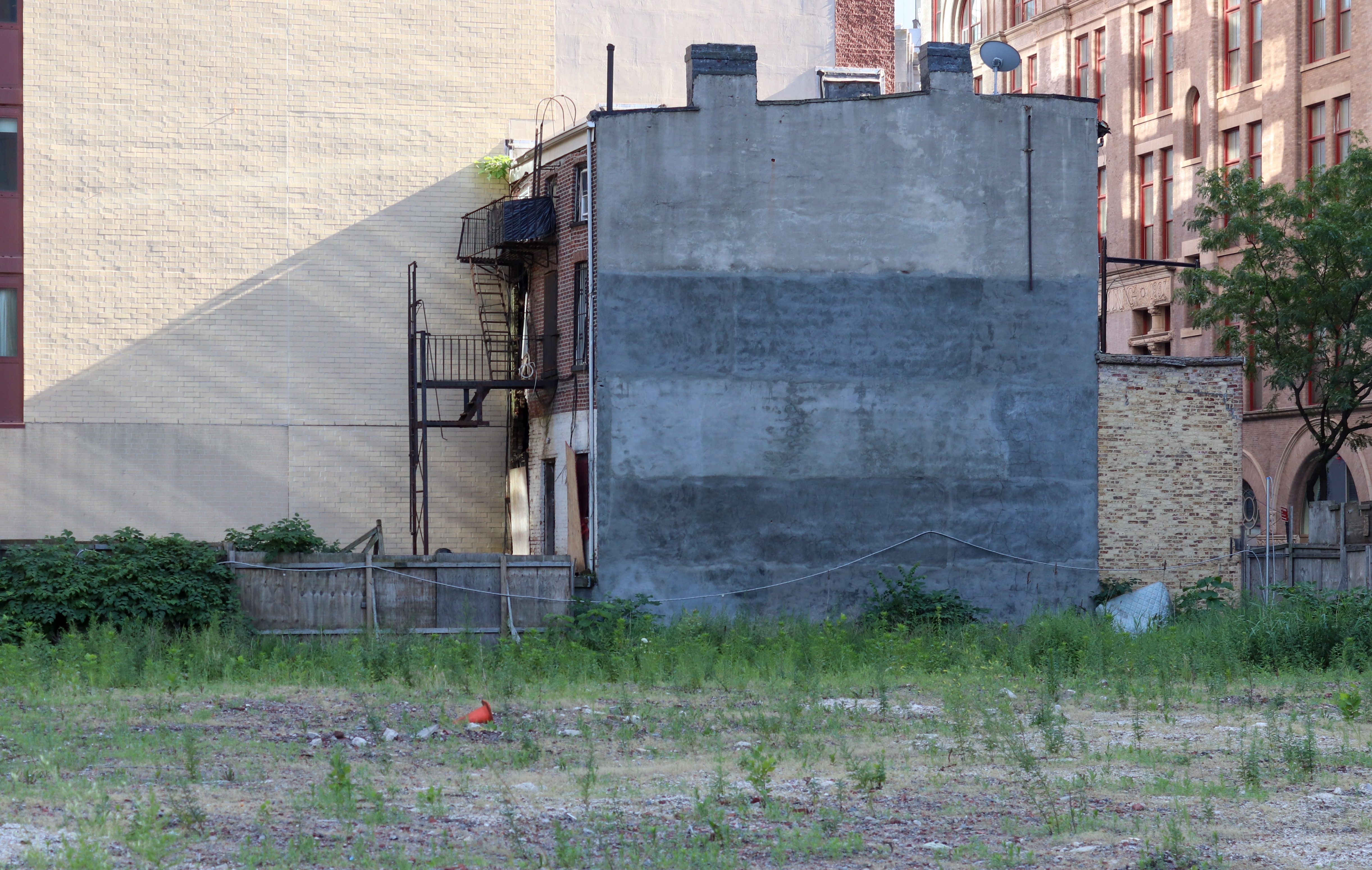
Those testifying today largely expressed gratitude for the current hearing while also noting the importance of acting now to protect the house. “Today, the LPC has the power to make right a mistake,” urged Michael Higgins Jr. of the Brooklyn Anti-Gentrification Network.
The consideration of designation of the building in the midst of the current momentum in the Black Lives Matter movement and fight for equality was a thread throughout the testimony. Anthony Beckford, president and cofounder of Black Lives Matter Brooklyn, spoke in support of designation “for the same reasons we are out there marching, protesting and fighting now for the preservation of not only Black lives but Black landmarks. For years our history has either been demolished or stolen from us. For years we and our youth have been denied the right to learn true Black history,” he said.
The only voice in opposition to designation was lawyer Garfield Heslop speaking on behalf of the owners. While the house’s recent ownership has been tangled, Heslop said the current owners consist of a partnership between a daughter of Joy Chatel and Samiel Hanasab, the developer behind the 227 Duffield LLC. Hanasab and an associate, Yuval Golan, have been in the news and courts over previous real estate dealings.
About their plans for the property Heslop said, “No one is more attuned to the historical significance of the building as we are as owners of the property.” Part of the plan for development is the creation of a museum to “honor the legacy of the building” but as it stands “the building is not viable as a standalone entity,” he continued. Landmarking would decimate the livelihoods of the owners, he said.
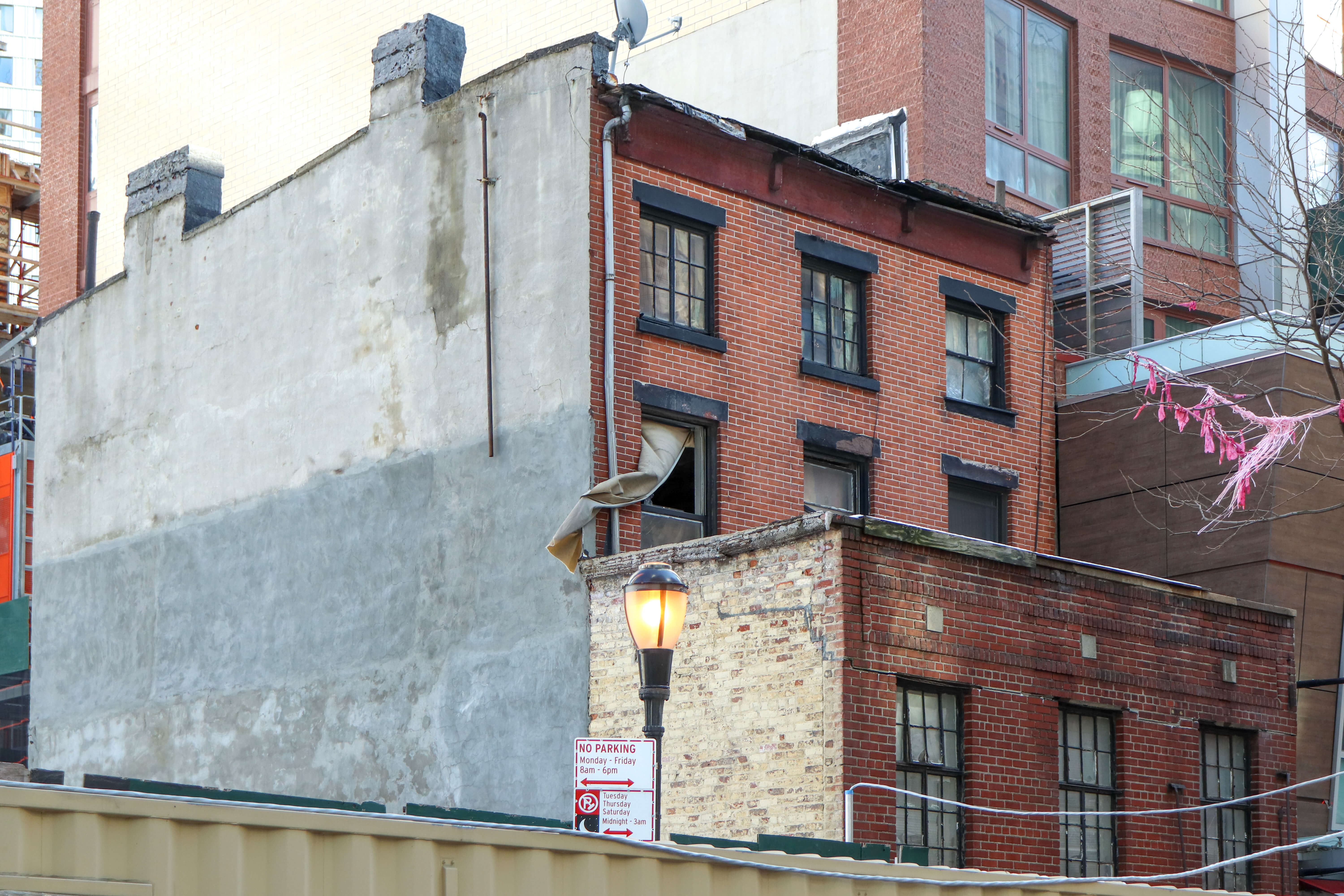
While Heslop spoke of the goal to place a plaque and build the museum, advocate Raul Rothblatt raised doubts about the sincerity of this mission. “The new owners have never reached out to any of the historical advocates, they’ve never shown any interest in the history,” he said. “As far as I can tell they have had contempt if I can judge by their actions.”
As far as a plaque, “I spend my time around the country standing on parking lots and looking at plaques because that’s all that’s left of our history,” said archaeologist and professor Cheryl LaRoche, an expert on African American history and the Underground Railroad. “When you look at the monumentality of the Confederate monuments that have been put up, they are enormous, to stamp that ideology on the psyche of the American public, and these little plaques don’t have the same effect.”
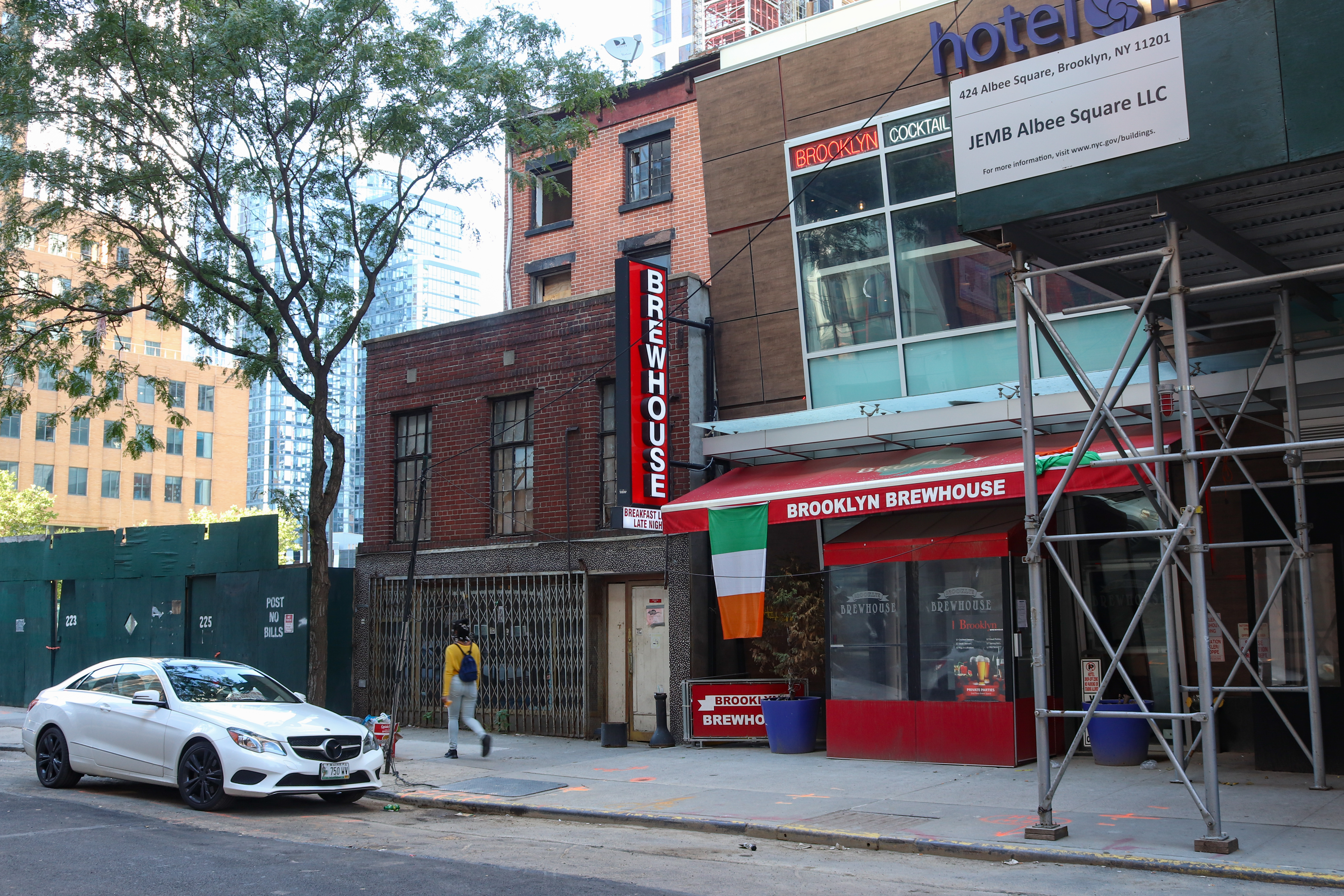
The importance of physical reminders of New York City’s complicated history came up repeatedly and activists from groups across the city drew parallels to their own fights to save culturally significant sites in their neighborhoods. In a reference to comments during the calendaring hearing that landmarking buildings for cultural significance might lead to a slippery slope, preservationist Brad Vogel expressed wishes that the designation of 227 Duffield Street would “herald the start of a slip down a long overdue slope toward official recognition and protection for a wider swath of culturally important sites in a city increasingly overrun with buildings that are boundlessly blasé.”
In addition to the 44 people who testified via Zoom, LPC received 70 letters in support of designation, some from organizations who also testified. Only one letter of opposition was received, according to staff.
A vote on the designation will be scheduled for the near future, LPC Chair Sarah Carroll said at the end of the public hearing.
[Photos by Susan De Vries]
Related Stories
- Public Hearing on Landmarking Downtown Brooklyn Abolitionist Home Set for Tuesday
- Landmarks Will Consider Preserving Historic Abolitionist House in Downtown Brooklyn
- Demo Permits Filed for Historic Abolitionist House on Duffield Street in Downtown Brooklyn
Sign up for amNY’s COVID-19 newsletter to stay up to date on the latest coronavirus news throughout New York City. Email tips@brownstoner.com with further comments, questions or tips. Follow Brownstoner on Twitter and Instagram, and like us on Facebook.

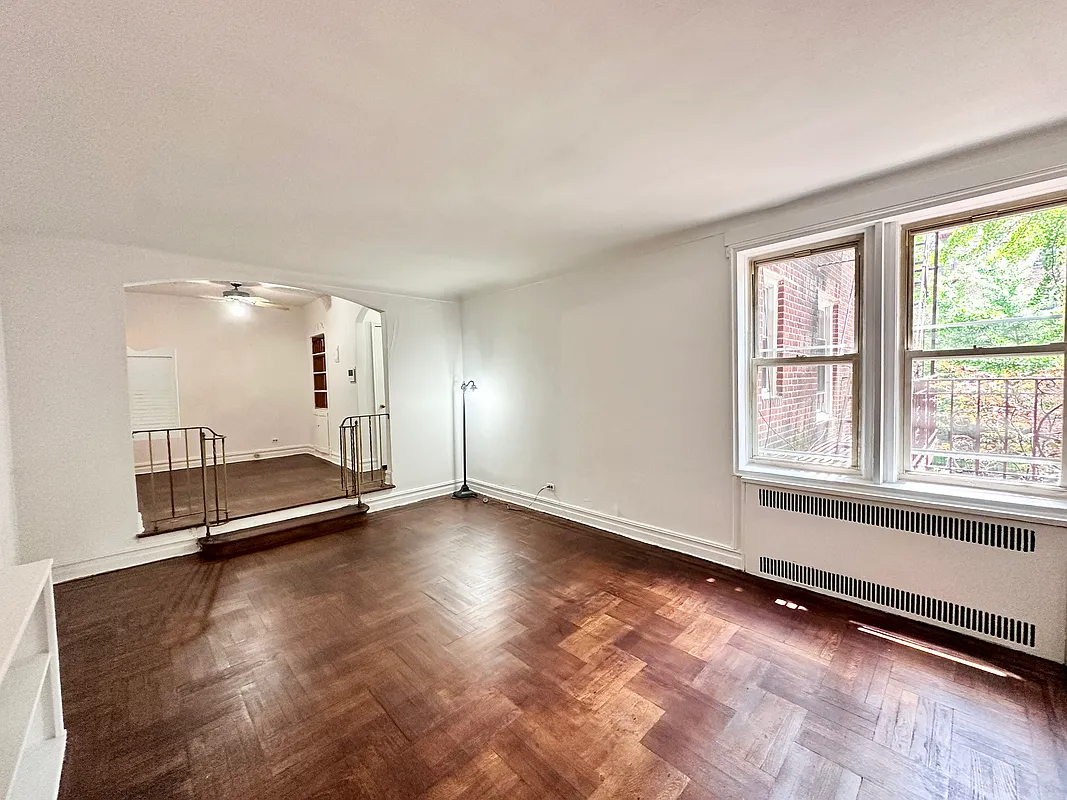


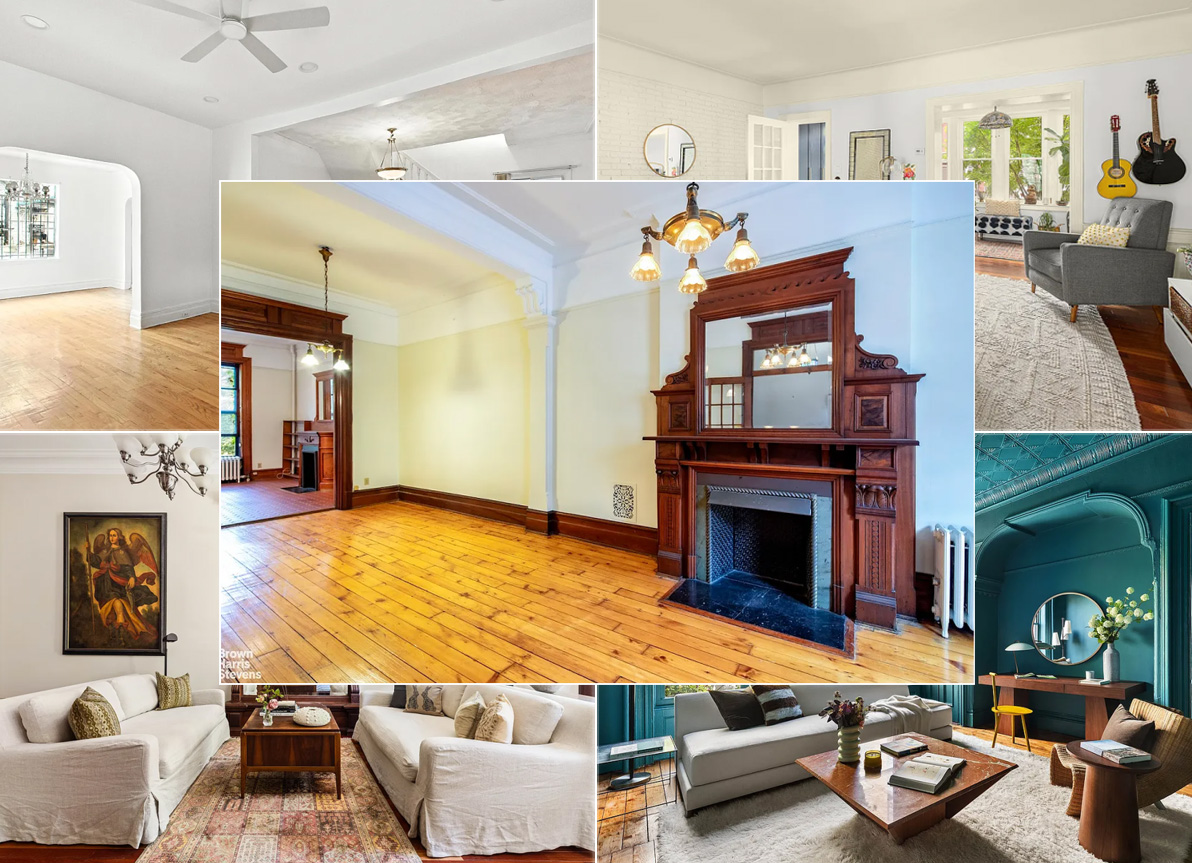
What's Your Take? Leave a Comment